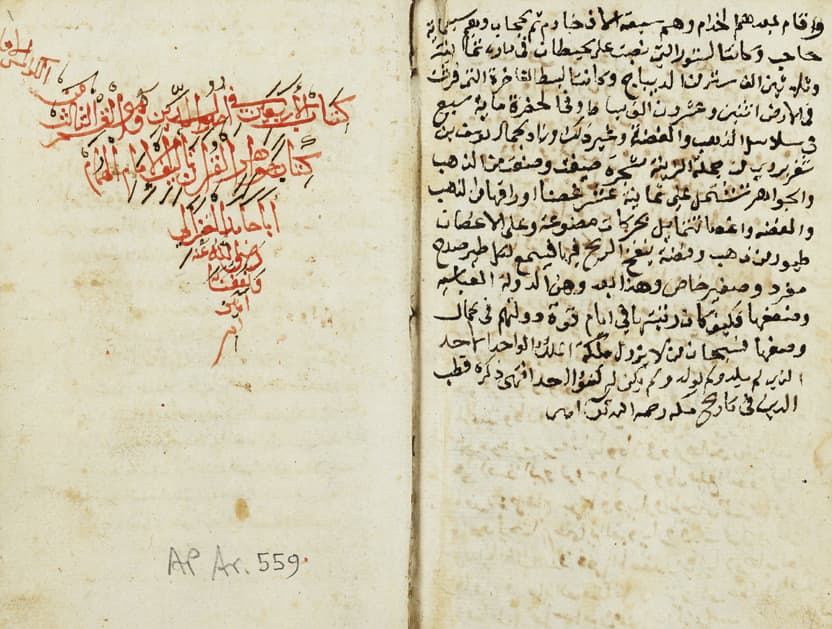Gender and timebound commandments in Judaism
لتكبير النص لتصغير النص"The rule that exempts women from rituals that need to be performed at specific times (so-called timebound, positive commandments) has served for centuries to stabilize Jewish gender. It has provided a rationale for women's centrality at home and their absence from the synagogue. Departing from dominant popular and scholarly views, Elizabeth Shanks Alexander argues that the rule was not conceived to structure women's religious lives, but rather became a tool for social engineering only after it underwent shifts in meaning during its transmission. Alexander narrates the rule's complicated history, establishing the purposes for which it was initially formulated and the shifts in interpretation that led to its being perceived as a key marker of Jewish gender. At the end of her study, Alexander points to women's exemption from particular rituals (Shema, tefillin, and Torah study), which, she argues, are better places to look for insight into rabbinic gender"--Provided by publisher.
| العنوان |
Gender and timebound commandments in Judaism / Elizabeth Shanks Alexander. |
|---|---|
| الناشر |
Cambridge : Cambridge University Press |
| تاريخ الإصدار |
2013 |
| ملاحظات |
Includes bibliographical references (p. 251-262) and index. |
| رقم الرف |
Part I. Gender and the Tannaitic Rule: 1. The rule and social reality: conceiving the category, formulating the rule 2. Between man and woman: lists of male-female difference -- Part II. Talmudic Interpretation and the Potential for Gender: 3. How tefillin became a positive commandment not occasioned by time 4. Shifting orthodoxies 5. From description to prescription -- Part III. Gender in Women's Ritual Exemptions: 6. Women's exemption from Shema and tefillin 7. Torah study as ritual 8. The fringes debate: a conclusion of sorts Epilogue. |
| الشكل |
xviii, 281 pages 24 cm. |
| اللغة |
الانكليزية |
| رقم النظام |
990035308810205171 |
תנאי השימוש:
حظر النسخ
قد يُحظر نسخ المادة واستخدامها للنشر، التوزيع، الأداء العلنيّ، البثّ، إتاحة المادة للجمهور على الإنترنت أو بوسائل أخرى، إنتاج عمل مشتقّ من المادة (على سبيل المثال، ترجمة العمل وتعديله أو معالجته)، بصيغة إلكترونية أو آلية، من دون الحصول على إذن مسبق من مالك حقوق التأليف والنشر ومن مالكي المجموعة.
لاستيضاح إمكانية استخدام المادة، يرجى ملء استمارة الاستفسار عن حقوق التأليف والنشر
معلومات إضافية:
قد تكون المادة خاضعة لحقوق التأليف والنشر و/ أو شروط اتفاقية.
إذا كنت تعتقد/ين أنّه قد وقع خطأ في المعطيات الواردة أعلاهُ، أو أنّك تعتقد/ين أنّ هناك انتهاكًا لحقوق التأليف والنشر بشأن هذه المادة، فيرجى التوجُّه إلينا من خلال الاستمارة التالية.
MARC RECORDS
أتعرفون المزيد عن هذا العنصر؟ وجدتم خطأ ما؟

 سجل الدخول باستخدام غوغل
سجل الدخول باستخدام غوغل
 تسجيل الدخول باستخدام فاسيبوك
تسجيل الدخول باستخدام فاسيبوك




